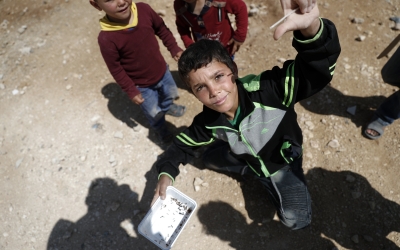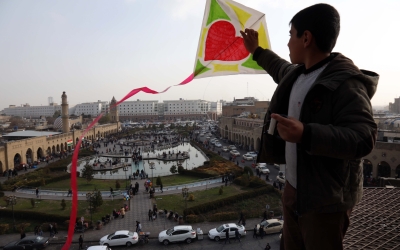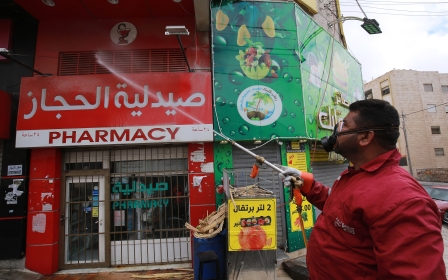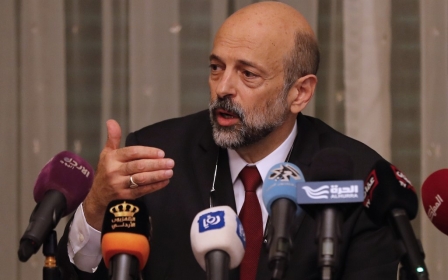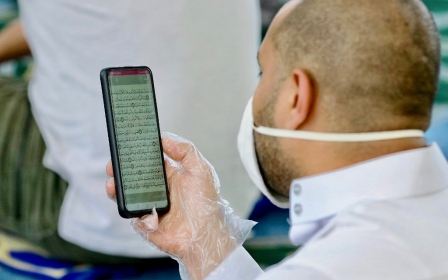Coronavirus: First cases confirmed at Jordanian camp for Syrian refugees
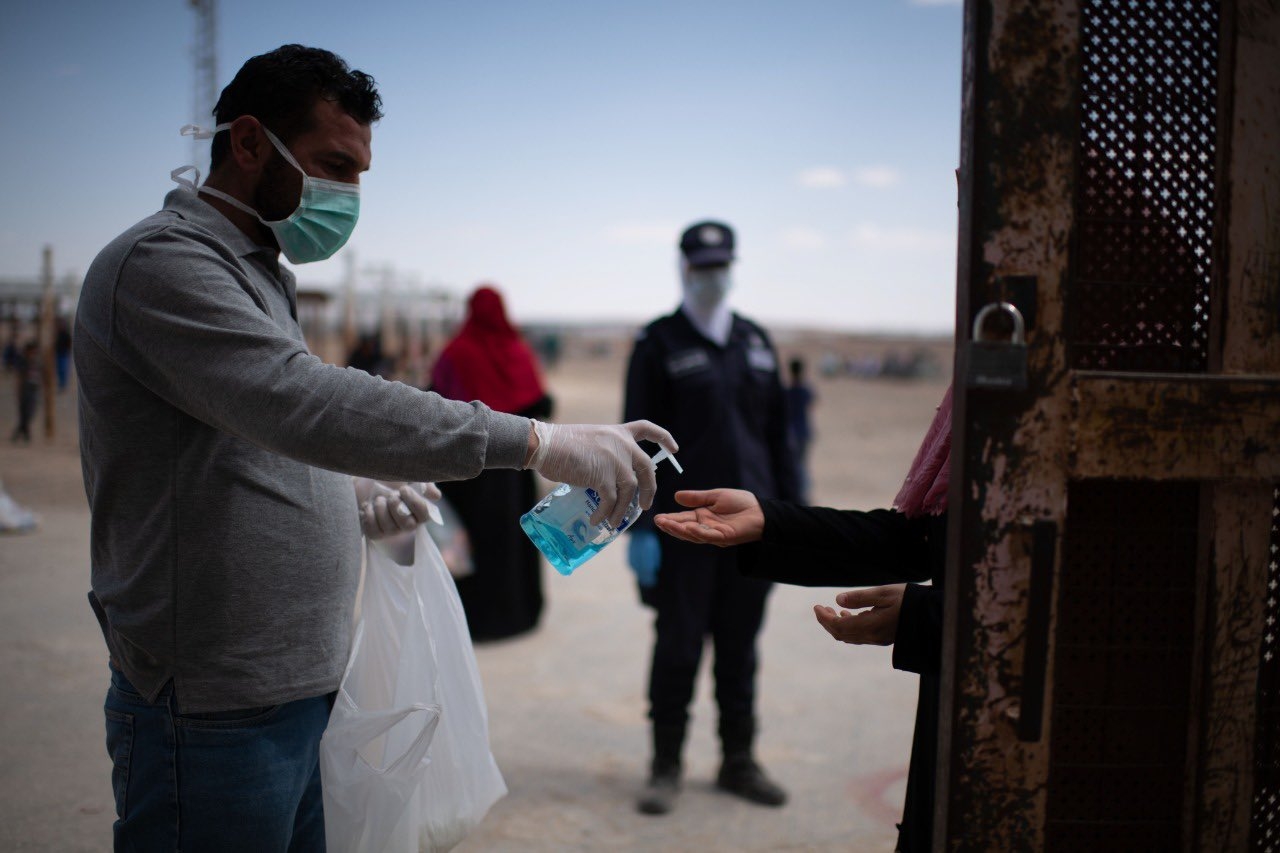
The UN agency for refugees has confirmed two coronavirus cases in Jordan's Azraq camp for Syrian refugees, reigniting fears of the potential for a large-scale outbreak at the cramped camps.
In a statement posted on Twitter on Tuesday, the United Nations High Commissioner for Refugees (UNHCR) said the two individuals had been transferred to a Dead Sea isolation site and that those who had been in contact with them are being tested via contact tracing.
New MEE newsletter: Jerusalem Dispatch
Sign up to get the latest insights and analysis on Israel-Palestine, alongside Turkey Unpacked and other MEE newsletters
The group added that it was working closely with the Syrian Refugee Affairs Directorate and Ministry of Health to prevent a larger outbreak.
"This is the first confirmed case of coronavirus in refugee camps in Jordan," the UNHCR said in a separate statement.
"It is a reminder that everyone has been affected by this epidemic, and solutions must be addressed through international solidarity and cooperation."
Refugees living below poverty line
There are more than 100,000 Syrians displaced by war living in refugee camps in Jordan. Azraq camp is home to some 36,000 refugees, while the larger Zaatari camp houses some 76,000.
In total, Jordan hosts more than 650,000 refugees from Syria and about 100,000 others from various countries.
In June, the United Nations warned that refugees living in Jordan were suffering from extreme poverty, particularly as a result of the coronavirus pandemic.
"Coronavirus has affected our lives as well as the lives of refugees and Jordanians. It will have a long-term impact for several months," Dominic Barch, the UNHCR representative in Jordan, said at the time.
Barch said that 79 percent of refugees in the kingdom were already living below the poverty line before the coronavirus outbreak.
In a statement issued last May, UNHCR estimated that approximately 50,000 refugee families in Jordan needed emergency cash assistance, but that number was likely to have increased as the pandemic dragged on.
Jordan, under a state of emergency since March, has implemented some of the most stringent coronavirus-related restrictions in the world. A two-month coronavirus lockdown has crippled Jordanian businesses and slashed state revenues by tens of millions of dollars, leading to the sharpest economic contraction in two decades.
Middle East Eye delivers independent and unrivalled coverage and analysis of the Middle East, North Africa and beyond. To learn more about republishing this content and the associated fees, please fill out this form. More about MEE can be found here.


